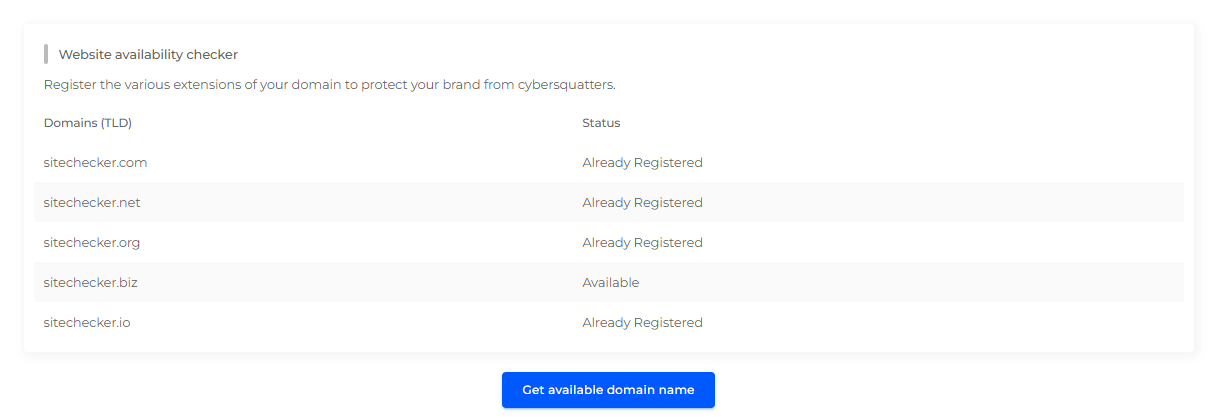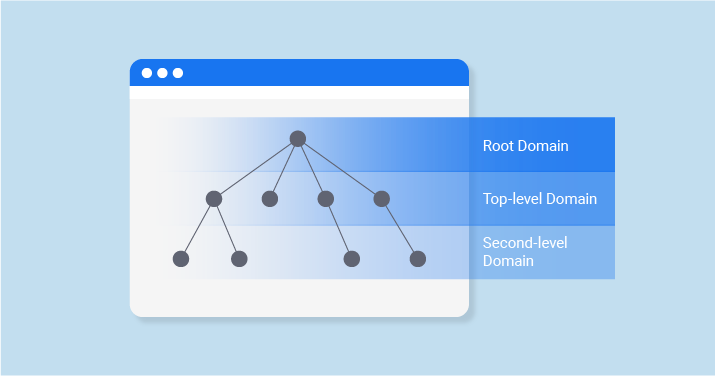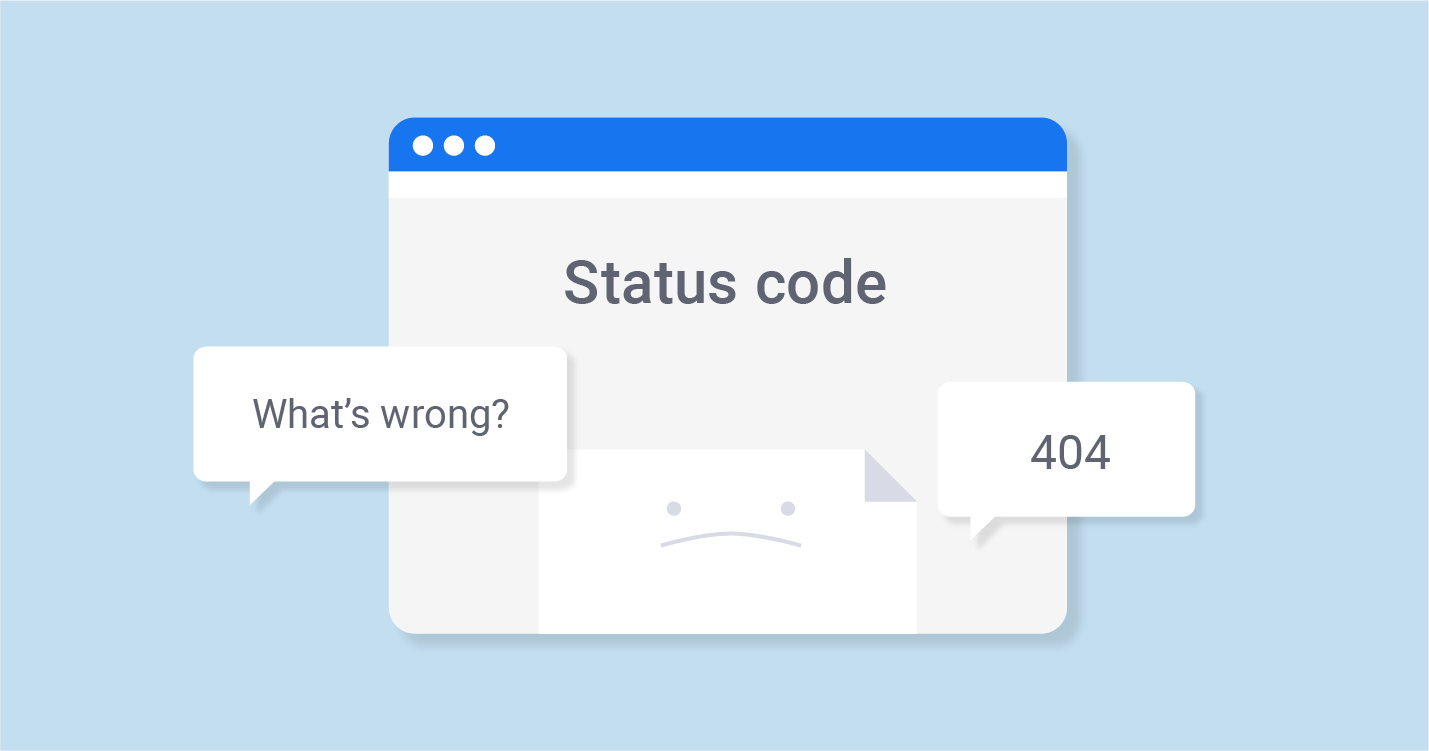Root Domain Name Definition
Root domain – the domain of the highest level in any domain name system. The root domain of the Internet (sometimes called the zero-level domain) is serviced by the root servers of the domain name system, which are located in different countries around the world.
To know more about “what is root domain”, let’s see further. In the Internet DNS system, the root domain is denoted by an empty name (that is, containing no characters). When you record a domain name, each domain is separated by a period; at the end of the name, there may be a dot to separate the empty name corresponding to the root domain. If this dot is present (for example “www.example.com.”), then the domain name is considered complete (absolute). If there is no dot at the end of the name (“www.example” or “www.example.com”), the name is considered relative.
Each Internet application must process the endpoint correctly, but most applications allow you to enter a domain name without a dot at the end; processing of such names depends on the implementation. In the simplest case (if, for example, in the context of this application it is impossible to determine which address is assigned to the base domain) a final dot will be added to URL address, and it will be treated the same way as the absolute one.
In some cases, in order to obtain a full domain name, local software (either an application or an operating system) can attach a domain to a default relative name, which is determined by the domain name of the computer or can be specified in the settings. Sometimes, several such domains can be set within the settings, sorted by turns, until the name existing in the DNS records is found. This approach can lead to ambiguity, which, however, can be easily resolved by specifying a complete (with a dot at the end) domain name.
For example:

The numbering order of domain names is often mixed up, and top-level domains (TLD) are called ”zero-level” domains. In fact, a zero-level domain is “.” (dot) and the correct order of domain levels numbering is as follows:
1. .(dot) – zero-level domain
2. .com is the first-level domain, also called the top-level domain or a zone
3. kparser.com – second-level domain
4. app.kparser.com – third-level domain
How to Get a Domain Name
The procedure is quite simple:
- Go to the domain name registrar website.
- Usually, there is a button “Register a domain” or something like that. Click it.
- Fill out the form with the required data. Make sure that you are not sealed in the name of the domain name. Because if you pay it, it will be too late to correct the error!
- The registrar will notify you when the domain name is correctly registered. Pay attention to the difference between www and non www, it is important for SEO. After a few hours, all DNS servers will be updated and your domain will start working.
To collect ideas for second-level domain name use our website name generator.
Find Available Domain Names with Domain Availability Checker
The Domain Availability Checker by SiteChecker streamlines finding the right domain for new websites or rebrands. It quickly checks desired domain names’ availability, crucial in the competitive digital space for brand identity and SEO. Offering various domain extensions, it gives users a broad selection to align with their brand’s vision.

The tool not only checks domain availability but also suggests alternatives if the desired name is taken, aiding in brainstorming and finding suitable or superior options. It also informs about the registration status and expiration dates of existing domains, invaluable for acquiring them when they become available.
Your Domain Awaits!
Check the availability of your desired domain and get suggestions instantly.
Conclusion
The root domain, often referred to as the zero-level domain in the Internet’s Domain Name System (DNS), plays a fundamental role in how domain names are structured and processed. Represented by an empty name or a solitary dot, the root domain underpins all other domain levels, including top-level domains (TLDs) like “.com” and subsequent lower-level domains.
The understanding and correct usage of root domains are crucial in domain naming and internet applications. When registering a domain, it’s essential to recognize the significance of the root domain in creating absolute domain names and to be aware of the nuances between complete and relative domain names, which can impact SEO and the domain’s functionality. The process of acquiring a domain name is straightforward, involving registration with a domain registrar, but requires careful attention to detail to ensure accuracy and effectiveness.’




